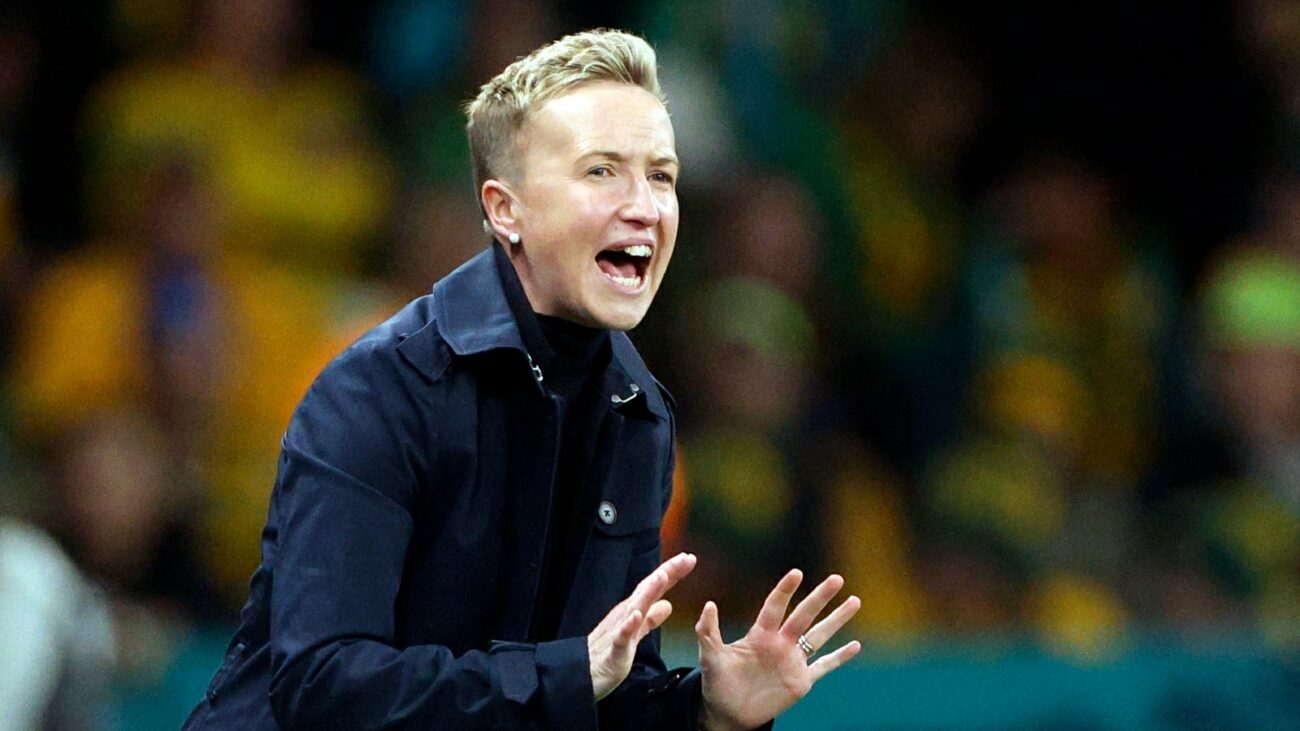Canada Hit with Six-Point Deduction and Coach Bans in Drone Spying Scandal
FIFA’s swift and severe sanctions against Canada in the Paris Olympics women’s soccer tournament have sent shockwaves through the sporting world. The governing body has deducted six points from Canada, banned three coaches for a year, and imposed a hefty fine of 200,000 Swiss francs ($226,000) for a drone spying scandal that has cast a shadow over the Games.
The scandal erupted when two assistant coaches, Joseph Lombardi and Jasmine Mander, were caught using drones to spy on New Zealand’s practices before their opening game. Head coach Bev Priestman, who led Canada to Olympic gold in Tokyo last year, was initially suspended by the national soccer federation and later removed from the tournament.
FIFA’s investigation found that Priestman, Lombardi, and Mander were responsible for “offensive behavior and violation of the principles of fair play.” The Canadian federation was held accountable for failing to ensure its staff complied with tournament rules.
The sanctions have dealt a significant blow to Canada’s Olympic hopes. The six-point deduction leaves them with an uphill battle to qualify for the knockout stages. They must now win all three remaining group games and hope to advance as runners-up.
Priestman, Lombardi, and Mander have the right to appeal their bans at the Court of Arbitration for Sport’s special Olympic court in Paris. However, the sanctions are a clear message from FIFA that it will not tolerate any form of cheating or unsportsmanlike conduct.
The drone spying scandal has raised questions about the ethics of using technology in sports. While drones can provide valuable insights for coaches and players, their use must be regulated to prevent unfair advantages and maintain the integrity of the game.

